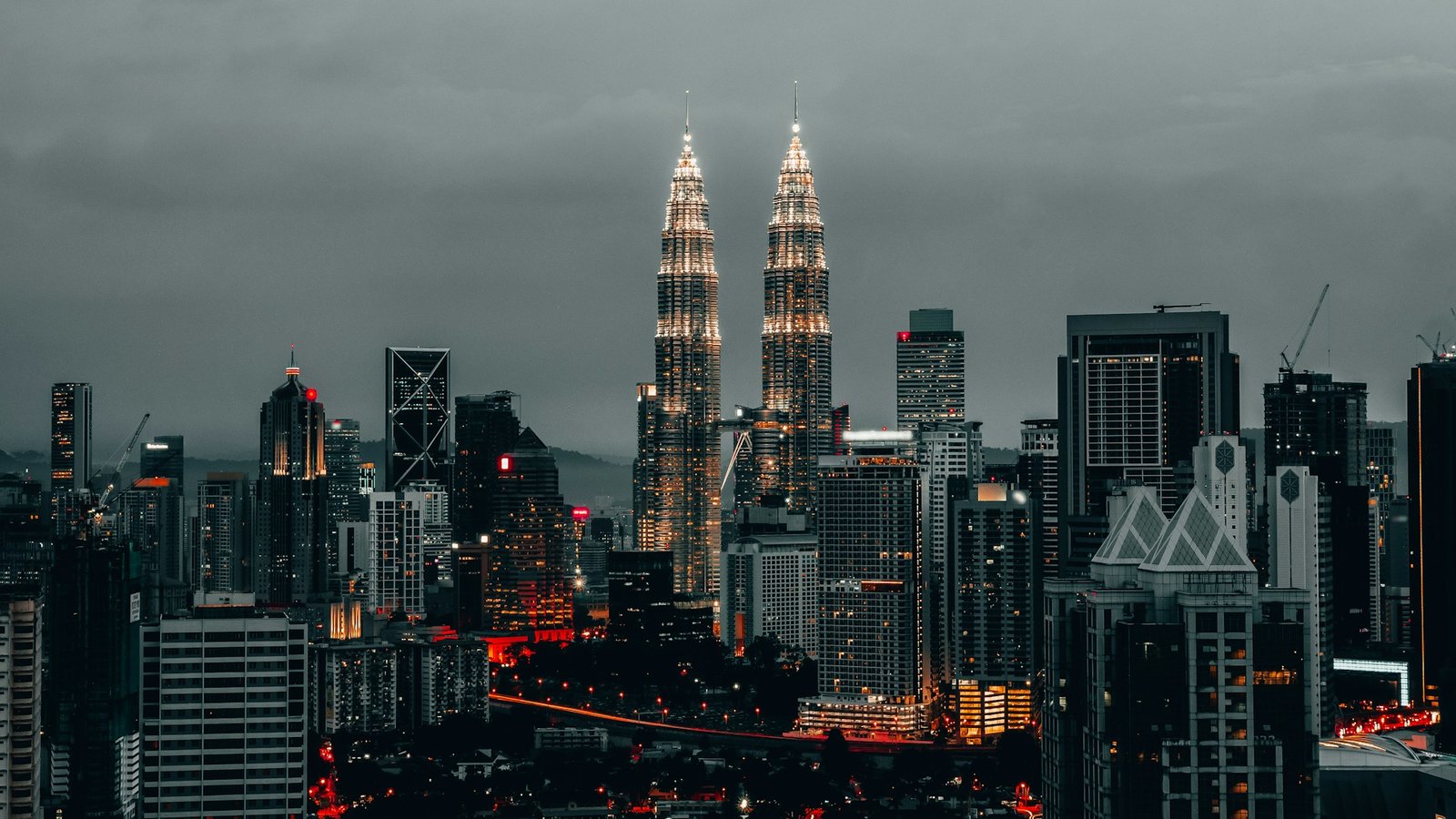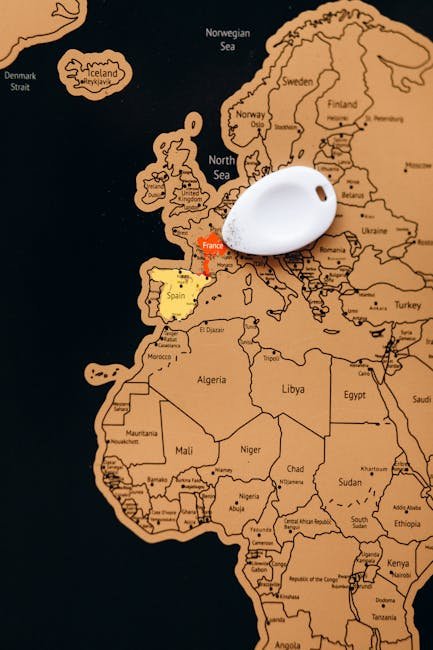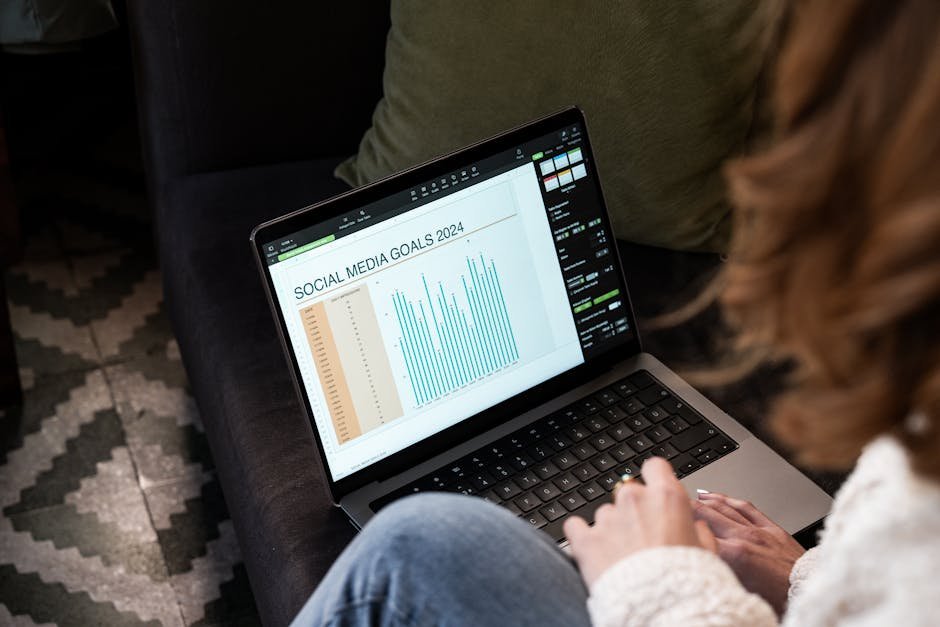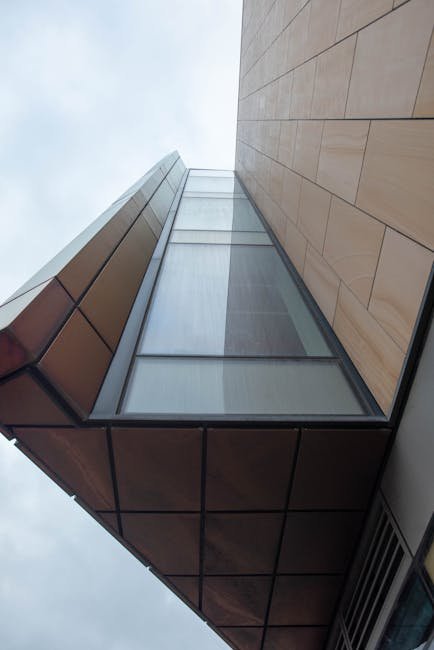Imagine starting your workday with a view of Kuala Lumpur’s glittering skyline, sipping kopi at a trendy Penang café, or unwinding on Langkawi’s beaches after a productive coding session. For digital nomads, Malaysia is more than a destination—it’s a lifestyle blending vibrant culture, modern infrastructure, and wallet-friendly living. In 2025, Malaysia is doubling down with updates to the DE Rantau Nomad Pass, its digital nomad visa, making it easier to call this Southeast Asian gem home. As someone who’s spent months soaking up Malaysia’s charm, I’m here to share why it’s the ultimate spot for remote workers this year.
Why Malaysia Shines for Digital Nomads
Malaysia’s magic lies in its diversity—urban hubs, tropical islands, and lush rainforests, wrapped in a multicultural tapestry. Nomad communities rate Malaysia highly for its affordability, connectivity, and welcoming vibe, as seen in posts on X and recent travel blogs. Here’s why it’s stealing the spotlight in 2025.
Affordable Living, Big Value
In Kuala Lumpur, a stylish one-bedroom apartment in the city center runs $400–$700 a month. A hearty plate of nasi lemak? About $1.50. Even in pricier Penang, you can live comfortably on $800–$1,500 monthly, including rent, coworking spaces, and weekend trips to Georgetown’s street food stalls. Compared to Singapore’s sky-high costs, Malaysia lets you live large without draining savings.
I met Alex, a content creator from the UK, at a Kuala Lumpur coworking space. “I was burning through cash in London,” he said. “Here, I rent a condo with a pool, eat out daily, and still save half my income.” That’s Malaysia’s promise: a high quality of life at a fraction of the cost.
Top-Tier Connectivity
Fast internet is a nomad’s lifeline, and Malaysia delivers. Kuala Lumpur and Penang offer average Wi-Fi speeds of 50–100 Mbps in cafés and coworking hubs, per Malaysia’s robust digital infrastructure. My favorite spot, The Co. Kuala Lumpur, has 200 Mbps internet, comfy desks, and free snacks for $12 a day. Even in Johor Bahru, hubs like Bloom Coworking ensure reliable Wi-Fi. Whether video conferencing or streaming, Malaysia keeps you connected.
A Thriving Nomad Community
Malaysia’s nomad scene is electric. Kuala Lumpur hosts regular meetups, like those organized by DE Rantau, where remote workers share tips on scaling businesses or exploring Borneo. Penang’s Digital Nomad Penang group organizes weekly coffee chats and beach cleanups. I joined a Georgetown meetup last month and left with a new collaborator for my freelance project. From X posts to local WhatsApp groups, the community feels like family.
Culture and Nature Galore
Malaysia’s cultural mosaic—Malay, Chinese, Indian, and indigenous influences—sparks creativity. After work, I explore Kuala Lumpur’s Petaling Street for dim sum or hike in Taman Negara’s ancient rainforest. Penang’s street art and Langkawi’s turquoise waters are weekend musts. In 2025, the Ministry of Tourism boosts cultural festivals and eco-tourism, making every day an adventure. Whether temple-hopping or island-hopping, Malaysia inspires.
2025 DE Rantau Nomad Pass Updates: What’s New?
The DE Rantau Nomad Pass, launched in 2022 by the Malaysia Digital Economy Corporation (MDEC), makes Malaysia a Southeast Asian nomad hub. In 2025, updates broaden its appeal, per MDEC announcements. Here’s the lowdown:
Expanded Eligibility
The DE Rantau Nomad Pass now welcomes a wider range of professionals. Previously limited to IT, digital marketing, and content creators (minimum $24,000/year), it includes founders, CEOs, accountants, legal professionals, writers, and business managers as of June 2024, requiring $60,000/year for non-IT roles. This inclusivity sets Malaysia apart from stricter visas like Japan’s.
Streamlined Online Application
Applications are fully online via www.mdec.my/derantau, with processing averaging 4–6 weeks. You’ll need a passport (14 months validity, six blank pages), proof of $24,000/year income ($60,000 for non-IT), a contract (minimum three months), proof of clean criminal record (requirements vary by country), and health insurance (post-approval). Fees are RM 1,000 (~$225 USD), plus RM 500 (~$110) per dependent, partially refundable if denied.
Flexible Stays and Renewals
The visa grants 3–12 months initially, renewable for another year, totaling two years. Renewals are online without leaving Malaysia. Dependents (spouse, children under 18) can join, needing tourist passes for Sabah and Sarawak.
Exclusive Perks
The Pass offers discounts on coworking spaces, accommodations, dining, and tours through “nomad-ready hubs.” Think 20% off at Paperwork Coworking in Penang or curated Malacca tours. MDEC’s partnerships make settling in a breeze.
Tax-Friendly Environment
Malaysia’s territorial tax system exempts foreign-sourced income unless remitted to Malaysia. Income from Malaysian clients or remitted foreign income may be taxable. Residents (182+ days) face 1%–30% progressive taxes, non-residents a flat 30% on local income. Consult a tax professional for dual obligations.
Where to Set Up in Malaysia
Malaysia’s cities and islands cater to every nomad’s vibe. My top picks for 2025:
- Kuala Lumpur: Urban heart with coworking hubs like Common Ground and Bukit Bintang nightlife. Perfect for city lovers.
- Penang: UNESCO gem, Georgetown blends street art, food, and coworking like The Stack. Ideal for creatives.
- Langkawi: Tropical paradise with coworking at The Hub Langkawi. Great for work-life balance.
- Johor Bahru: Near Singapore, with affordable living and hubs like Urban Workspace. Suits cross-border nomads.
Sample DE Rantau Document Checklist
- Passport (14 months validity, six blank pages)
- Proof of income ($24,000/year digital, $60,000/year non-IT)
- Contract (3+ months, English or translated)
- Proof of clean criminal record (varies by country)
- Health insurance (post-approval, valid in Malaysia)
Tips for a Stellar Nomad Life in Malaysia
- Choose a Coworking Space: Hubs like Regus KL Sentral or Workhaus Penang offer community and productivity.
- Get Health Insurance: Required post-approval for Malaysia’s private hospitals. Consider nomad-friendly plans.
- Learn Basic Malay: “Terima kasih” (thank you) and “selamat pagi” (good morning) win smiles.
- Explore Beyond Cities: Visit Borneo’s rainforests or Malacca’s historic streets for inspiration.
- Stay Updated: Check www.mdec.my for visa and event news.
Why 2025 is Malaysia’s Year
Malaysia in 2025 is a digital nomad’s playground. The DE Rantau Nomad Pass’s expanded eligibility and perks make it accessible and rewarding. Add affordable living, fast internet, and a vibrant community, and you’ve got a destination rivaling Thailand or Bali. As I write from a Penang café, the smell of laksa in the air, I’m reminded why I stayed. Malaysia isn’t just a place to work—it’s a place to live fully.
Ready to make Malaysia your base? Apply for the DE Rantau Nomad Pass, grab your laptop, and dive into a world of opportunity. Been to Malaysia or planning a nomad adventure? Drop your tips or questions in the comments!
Sources:
- Malaysia Digital Economy Corporation: https://www.mdec.my/derantau
- Ministry of Tourism, Arts and Culture Malaysia: https://www.tourism.gov.my
- Malaysia Immigration Department: https://www.imi.gov.my







